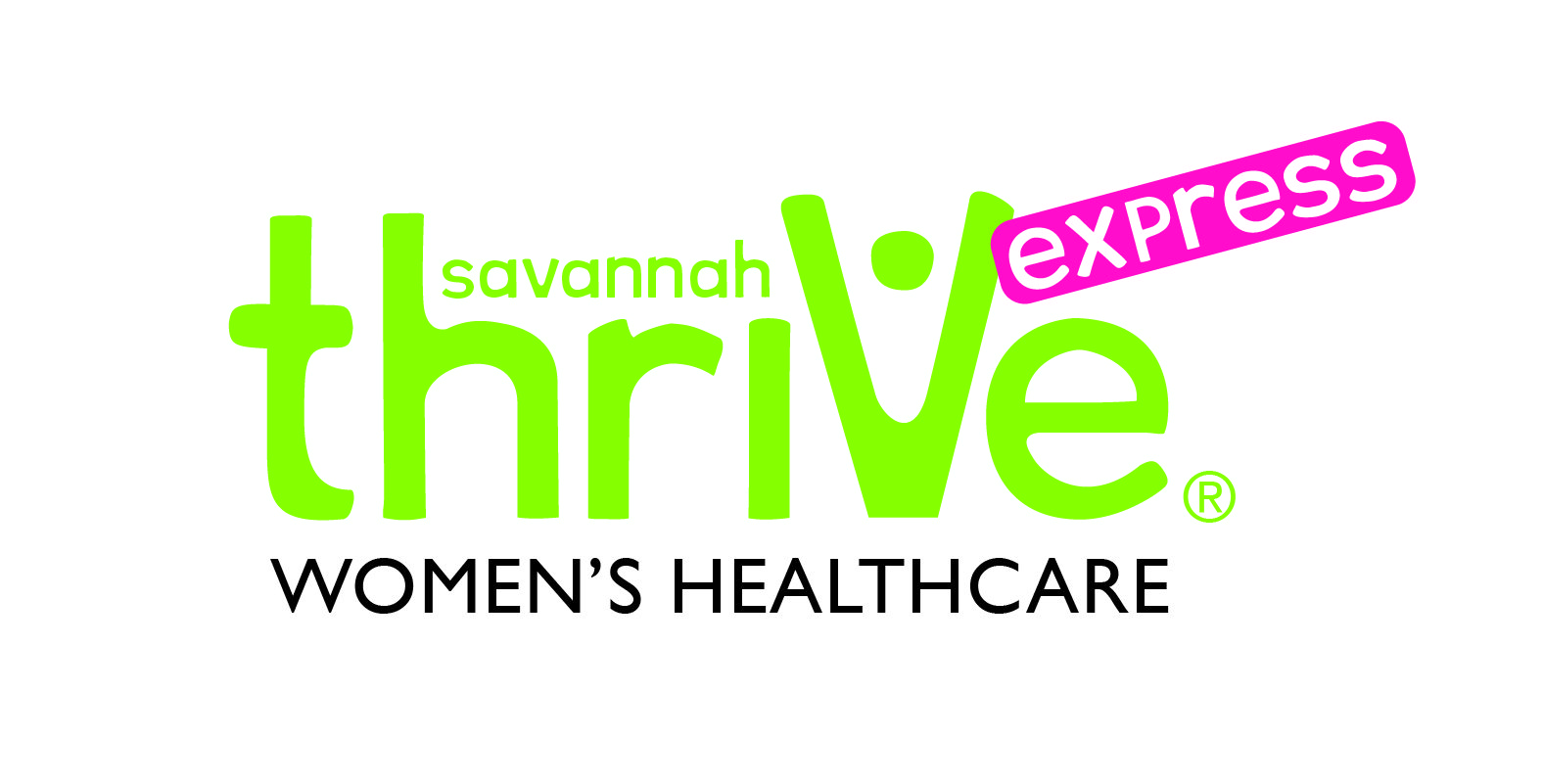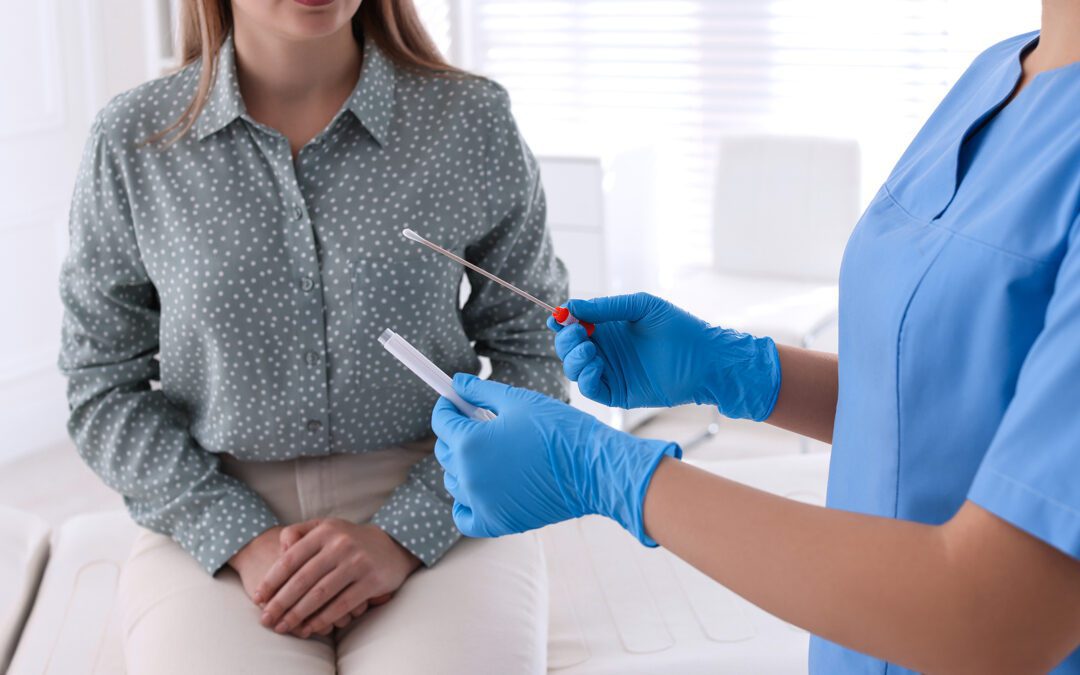If you are sexually active, you might be wondering how often you should get tested for STDs.
One of the most important things you can do to protect your health when sexually active is to be tested for sexually transmitted diseases (STDs).
STDs, also referred to as STIs (sexually transmitted infections), are common, especially if you have had sex with multiple partners. Many STDs do not show symptoms, but some can be treated if caught early on. It’s important for your health and safety to get tested for STDs regularly.
How common are STDs?
In the U.S. alone there are about 20 million new cases of STDs each year. 50% of those cases are among people ages 15-25. Yet, only 20% of young people report being tested within the last year.
1 in 5 people in the U.S. have a sexually transmitted disease.
Why is getting tested important?
Getting tested for STDs is not only important for your health, but also for the health of your sexual partner(s).
Untreated bacterial STDs can lead to infertility, increase risk for ectopic pregnancy, and increase the risk of certain cancers. Untreated STDs in pregnant women can lead to miscarriages, low birth weight, premature births, and other health complications for both the woman and fetus.
Since many STDs show no symptoms, the best way to know if you have one is to get tested.
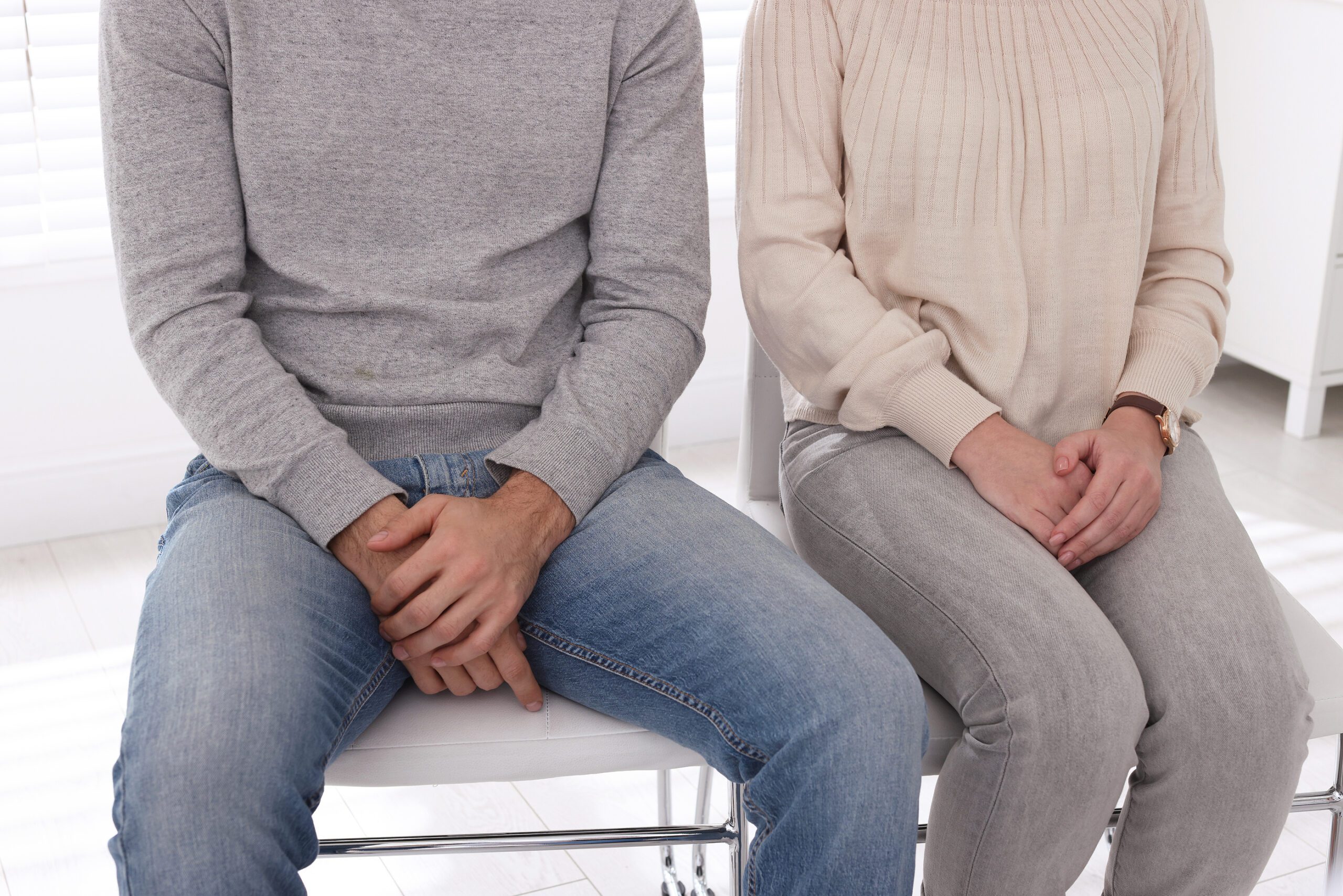
Do I need to be tested for STDs?
If you are sexually active, especially if you have had more than one partner, you need to be tested for STDs. This includes vaginal, oral, and anal sex.
Yearly screening for common STDs (like chlamydia and gonorrhea) is recommended if:
- You are under 25 and sexually active
- You are older than 25 and at increased risk of STIs — such as having sex with a new partner or multiple partners
- You have HIV
- You have been forced to have intercourse or engage in sexual activity without consent
Using condoms or other barrier methods can reduce your risk of STDs but does not protect you completely.
If you are not currently sexually active but have been in the past, it’s a good idea to get tested to be sure you don’t have any dormant STDs.
How often should I be tested for STDs?
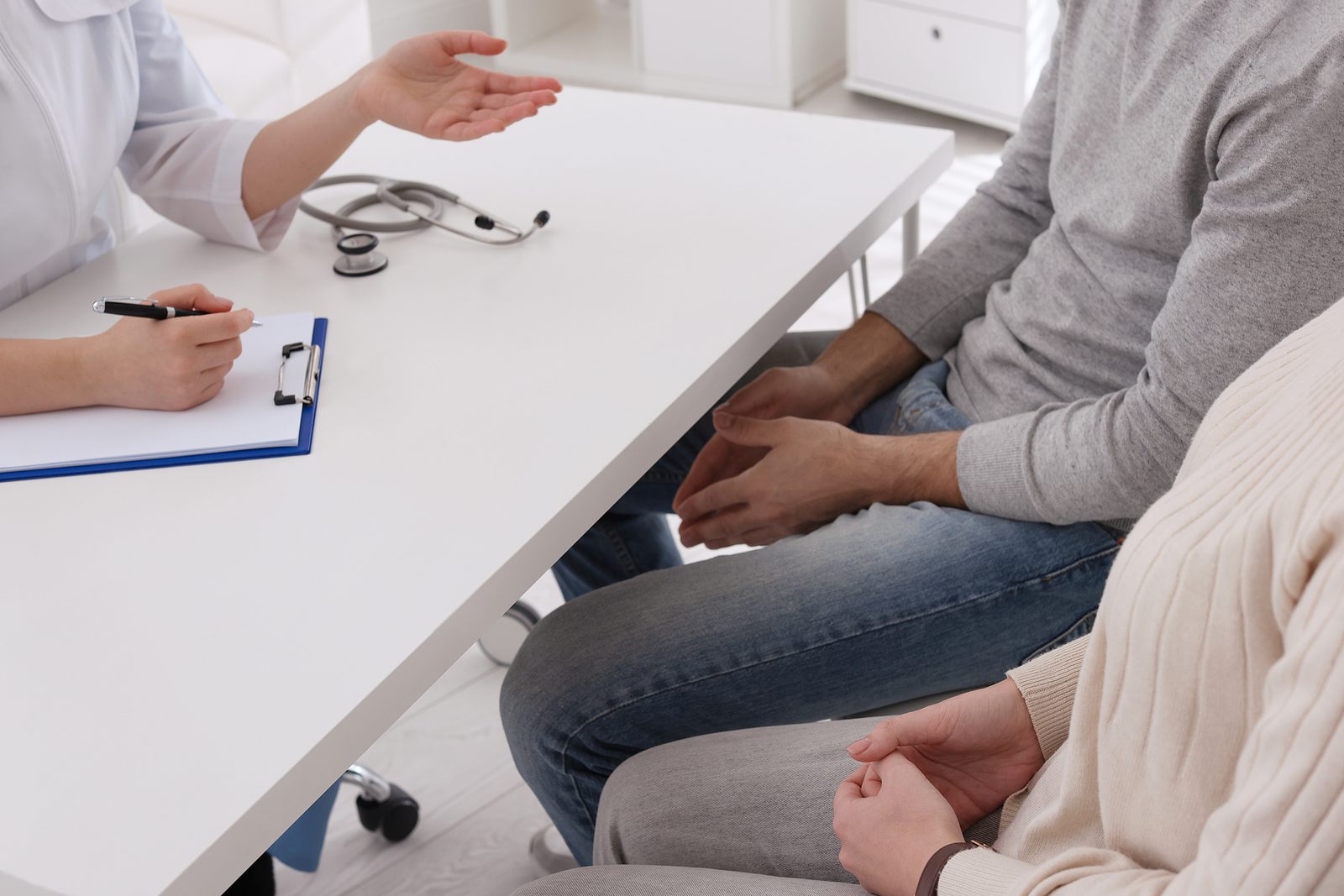
How often you should be tested for STDs depends on your age, sexual activity, and other risk factors.
You should get tested for a broad range of STDs each time you change sexual partners, or if your partner has had sexual contact with another person. If you have multiple or anonymous sexual partners, you should be tested more frequently (every 3 to 6 months).
The CDC gives a brief list of who should be tested for STDs and how often:
- All adults and adolescents from age 13 to 64 should be tested for HIV at least once
- All sexually active women under the age of 25 should be tested for chlamydia and gonorrhea at least once a year
- All women over 25 with new or multiple sex partners, or a partner with an STD should be tested for gonorrhea and chlamydia every year
- All women who are pregnant should be tested for syphilis, HIV, hepatitis B, and hepatitis C early on in pregnancy. Those who are at risk of infection should be tested for chlamydia and gonorrhea early on in pregnancy.
- All women who have had oral or anal sex should talk with a healthcare provider about throat and rectal testing options.
If you regularly visit a healthcare provider and receive a Pelvic exam or Pap smear, don’t assume they have checked you for STDs. If you need to be tested for STDs, make sure to vocalize your needs and any specific testing you think you might need.
I think I might have STD symptoms, what do I do?
If you suspect you may have an STD, or you haven’t been tested recently, get tested as soon as possible. STDs caught early on are generally more easily treatable. If you have an STD it is important to start treatment as soon as possible.
Common symptoms of STDs:
- Sores or bumps on the genitals or in the oral or rectal area
- Painful or burning urination
- Unusual or odorous vaginal discharge
- Unusual vaginal bleeding
- Pain during sex
- Sore, swollen lymph nodes, particularly in the groin but sometimes more widespread
- Lower abdominal pain
- Fever
- Rash over the trunk, hands or feet
It’s important to remember that many STDs do not present symptoms. If you are sexually active, it’s very important for you to get tested.
How long does it take for an STD to show up in your system?
It depends on what kind of STD you might have. Some might take a few days to begin showing symptoms, while others might take a few weeks.
If you recently started having sex with a new partner, it might be too early to get tested. Testing too early might result in a false negative.
If you are not sure when would be the best time to schedule testing, contact us at ThriVe Savannah and we will advise you on the best time.
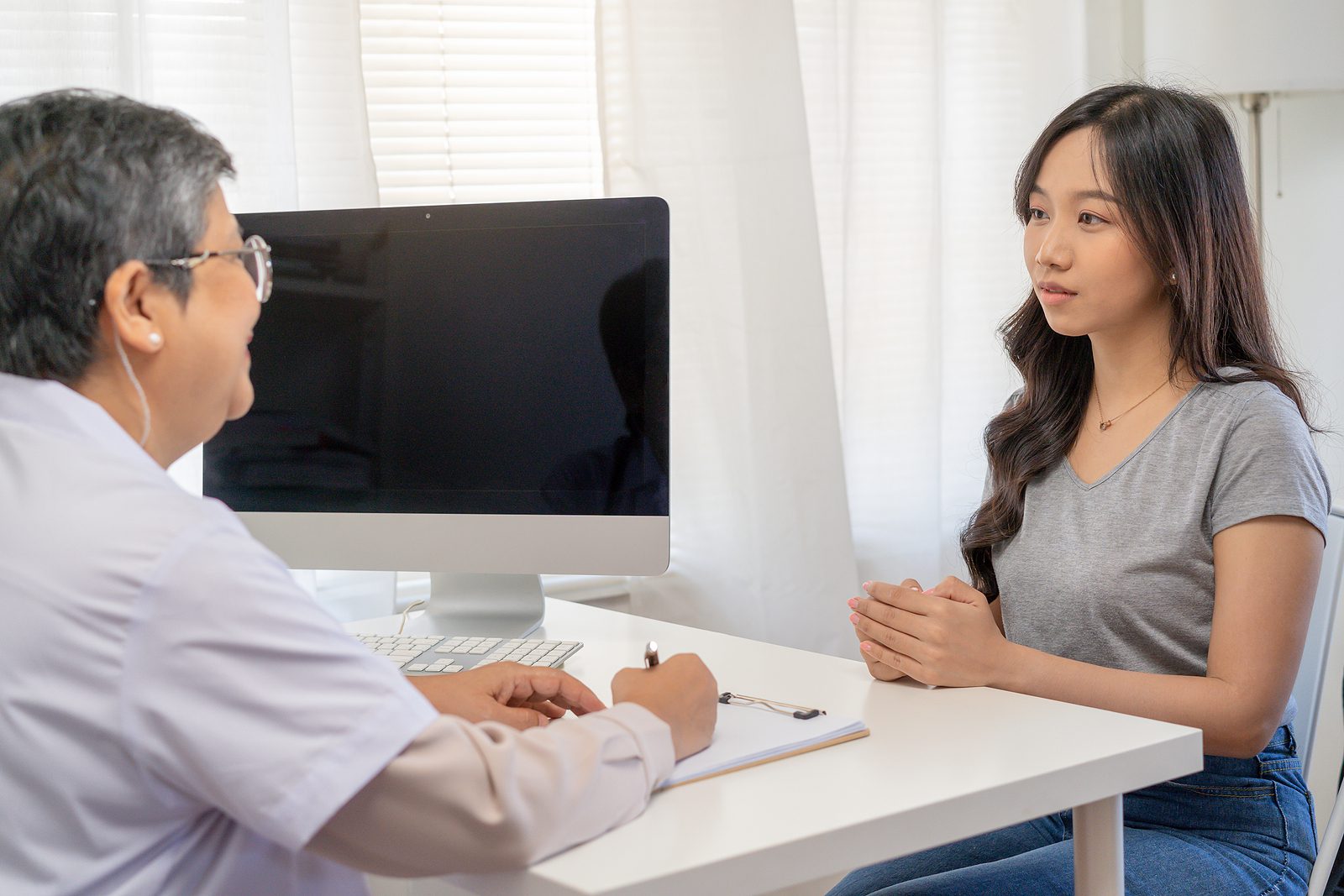
Can I get an STD if I’m not sexually active?
Yes, you can get an STD without having sex. Because some STDs, like herpes and HPV, are transmitted by intimate genital contact, you don’t have to have vaginal intercourse to contract an STD.
How much does STD testing cost?
STD testing ranges in price depending on where you live, what clinic you go to, what STD you’re screening for, and whether your insurance covers it.
At ThriVe Savannah we offer free STD/STI testing and treatment so you can protect your health. Results are 99% accurate and 100% confidential. Contact us and ask what testing we currently have available and to schedule an appointment.
Where can I find STD testing near me?
If you think you need to be tested for STDs, a great place to start is at ThriVe Savannah. We offer a non-judgmental space for you to ask our licensed medical professionals any questions you might have. All test results and treatments remain confidential. We care about you and your health.
Contact us to schedule an appointment and get free STD testing today.
